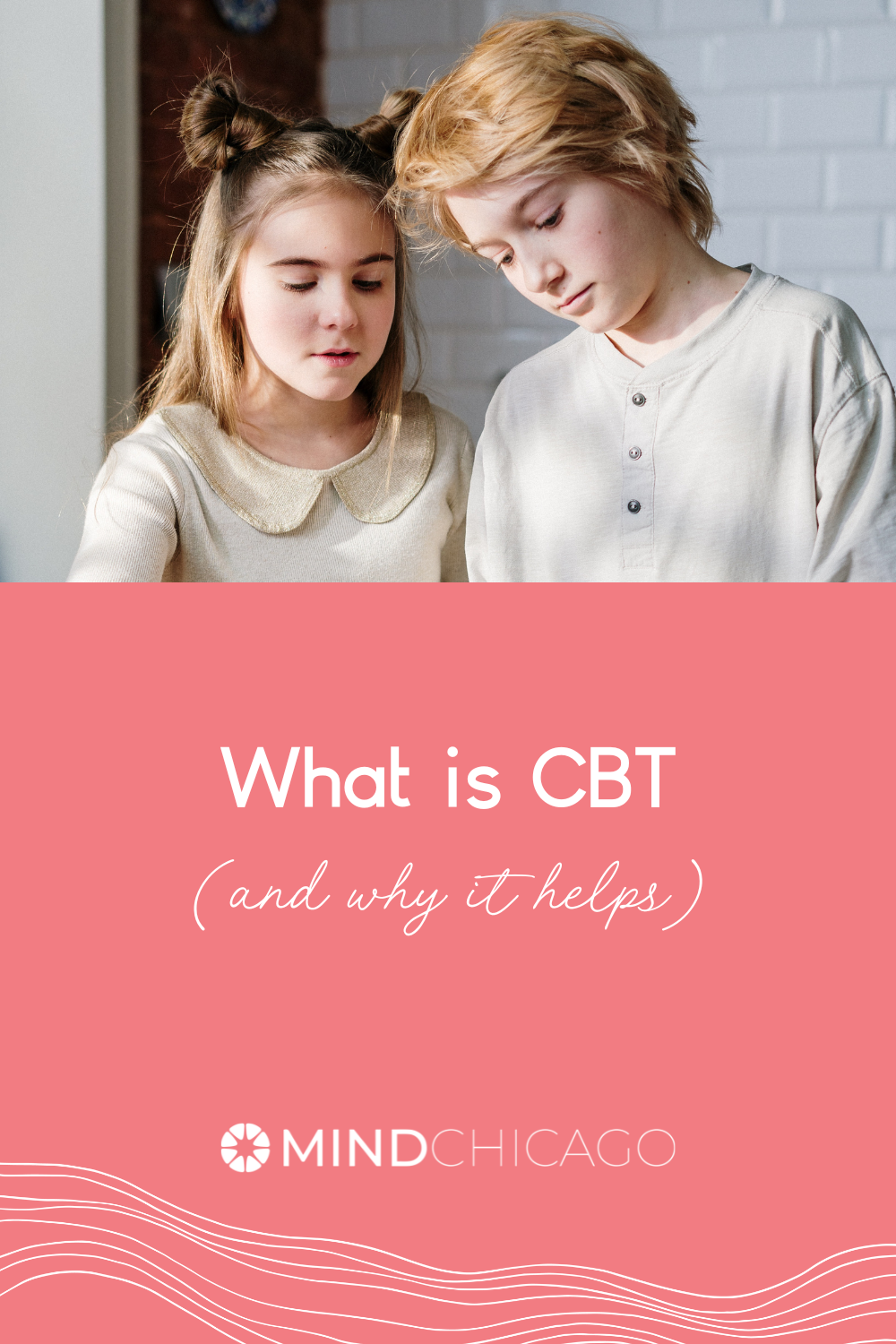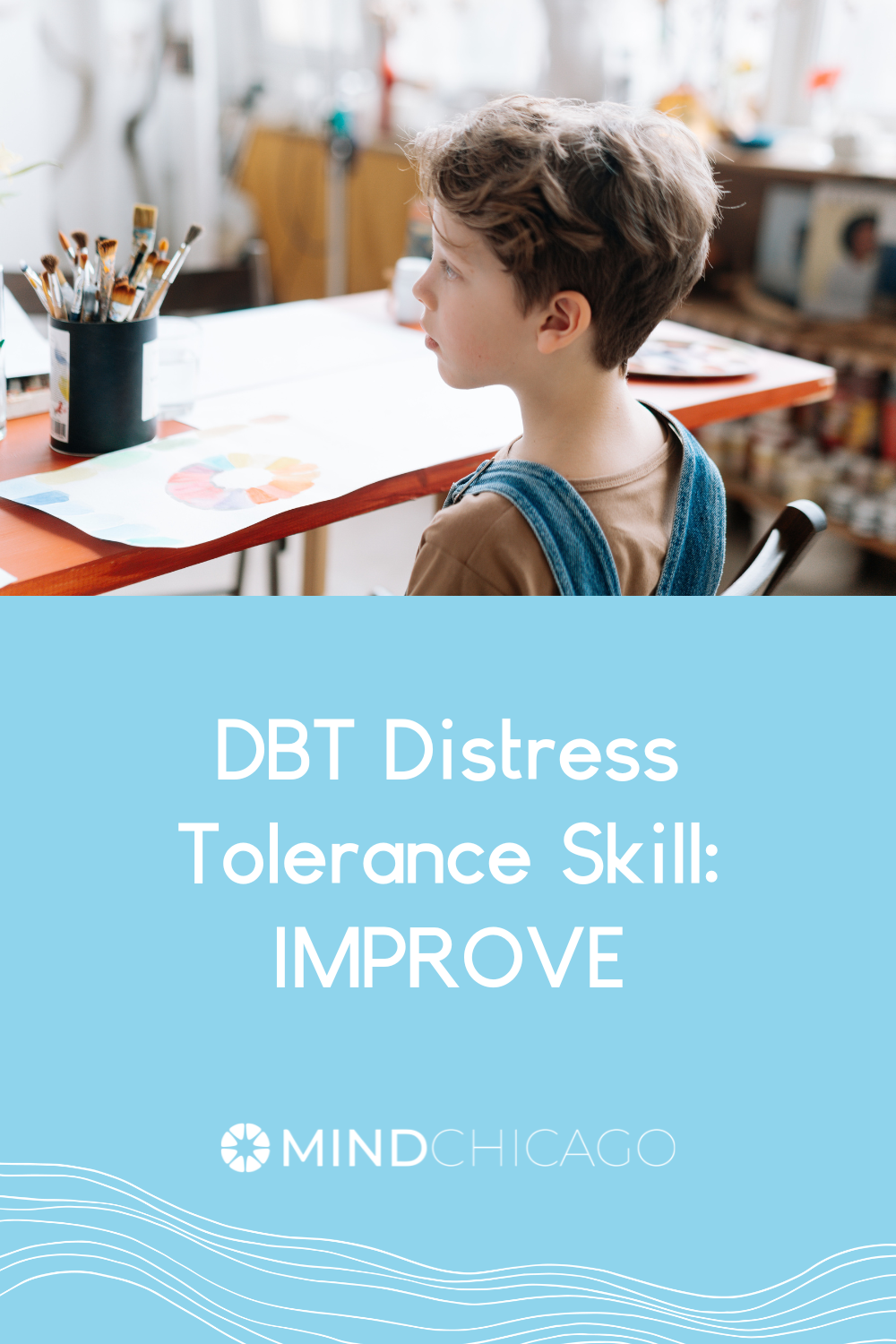Articles
We are committed to making information about mental health and therapy accessible to our community through articles and videos. Our clinicians take your questions and ideas and transform them into bite-size educational content to empower your wellness journey. What will you learn today?
Browse by Category
Anxiety & OCD
Parenting
ADHD
TherapY & Testing
Selective Mutism (What It Is & What You Can Do)
This article aims to demystify selective mutism - a diagnosis that is often misunderstood - and guide you toward the most effective means of treating SM.
10 Tips for Managing the Spring Holiday Season
April 2023 will be a month of religious and cultural significance for many communities worldwide. Whether you're planning a trip or simply enjoying some time at home with your family, it's important to take care of your mental health during this time. As DBT and ACT therapists, we offer gentle reminders to help you make the most of your holiday season and/or spring break.
How Contributing Helps Kids and Families
Dialectical Behavior Therapy (DBT) is an evidence-based therapy that can help with symptoms of anxiety, depression, and mood dysregulation. DBT originated as therapy for adults but has long been adapted for effective use with kids and teens. When kids are often stuck in certain ways of thinking, have difficulty managing strong emotions, or struggle with relationships, DBT might be the therapy for them.
Helping Kids Develop Self-Love: A Parent Guide
When Valentine’s Day comes around each February, it is traditional for people of all ages to express their love and appreciation for those around them. From a young age, children exchange cards, notes, and even small gifts or candies to show their care for others. The practice of expressing love and appreciation for others on Valentine’s Day is enjoyed by many. It can feel so special to receive a loving or validating message from someone in your life! But what if we turned the tables? What would happen if we, instead, gave ourselves the same love and validation that we give to others? And what if we could teach our children to love and validate themselves just as much as they love and validate their friends, classmates, and loved ones?
The Benefits of Seeing a Therapist Intern
Before becoming a licensed therapist, almost every state requires that therapists gain experience in the field. Because of this, many therapy practices in Chicago (and all over the country) have an intern building up their knowledge, caseload, and experience - and eager to work with you and your family. Although interns are ready to support you, families often want to know, “Can an intern support us?” So, we’re here to tell you more about the benefits of working with a therapist intern.
What is ACT (And Why We Love It)
ACT is an empirically-supported therapy that helps folks build awareness and perspective of our experiences, open up to our thoughts and feelings in new ways, and enhance our connection with the person we want to be by building commitments around our values.
3 Tips for Helping Kids this Holiday Season
How often do you hear, “It’s the most wonderful time of the year '' during the holiday season? On the radio, at work, or from our closest friends, this sentiment is all around. Some people like to describe this time of year as “merry and bright”, but if you’re like me living in Chicago, it actually feels pretty cold and dark (keep an eye out for snowstorms!). It’s important for us to recognize that for many people the holiday season is not always the most wonderful time of the year. Simply put, the dialectic - the holiday season is joyful AND the holiday season is difficult - is important to keep in mind as we interact with family and friends.
What is PMT (And Why We Like It)
Parent Management Training (PMT), also known as Parent Training, provides parents with the support they need to build stronger relationships with their children and reduce unhelpful behaviors.
What is DBT (And Why We Love It)
DBT is an evidence-based therapy that helps folks manage strong emotions, handle unhelpful behaviors, and develop more meaningful relationships.
Pass the "Relish" - How Gratitude Helps Us Relish Our Experiences
As the winter holidays approach, many families are making time for their annual traditions. Families gather and dedicate time to beloved traditions, cultural practices, spiritual beliefs, and holiday activities… for some this includes passing around delicious dishes, spending quality time together, and giving thanks. While cooking a full holiday meal may not be practical all year round, why should the tradition of “giving thanks” and practicing gratitude be limited to particular holidays or events each year?
A Basic Parent Guide to Gender-Inclusive Language
Welcome to your basic introduction to gender-inclusive language! Using gender-inclusive language is one way you can actively work toward gender equity and justice. Using this type of language means writing, texting, and speaking in a way that includes all genders and sexes.
Creating An Inclusive Halloween: A Treat for All
It’s October… which means Halloween time!!! This beloved holiday is a time to be creative, have fun, and... eat way too many handfuls of candy corn! It’s also a time when cultural appropriation is very present. At Mind, we believe in honoring the backgrounds, cultures, races, religions, and other important factors of children and families. We know that our staff, clients, and community believe in respect and kindness, too.
Myths and Realities of Group Therapy
Group therapy is a kind of psychotherapy where one or more therapists works with several people together. Whether online, in-person, or hybrid, receiving therapy alongside others can enhance your individual therapy, deepen your commitment to change, and reduce loneliness. At Mind, we recommend participating in a DBT skills group alongside DBT-focused individual therapy. When we think of groups at Mind Chicago, we often think of 4-8 people meeting weekly to develop new skills, practice skills with others, and/or manage barriers to living a meaningful life.
What is CBT (and Why it Helps)
If you’ve ever explored options for therapy, you may have heard something about CBT (or its longer name - Cognitive Behavioral Therapy). The truth is, there is quite a bit of buzz about CBT these days. There is so much research to support CBT - some even consider it the current "gold standard" of psychotherapy - it’s no wonder people are talking about it. So, what exactly is CBT, and who might benefit from this type of therapy?
How to Make it Through Suffering
Everyone experiences pain. But sometimes that pain turns into suffering or even misery. For young people struggling with anxiety, depression, racial/oppression-based stress, or other challenges, it feels very difficult (and sometimes impossible) to tolerate pain. As a result, they may attempt to alleviate pain with strategies that ultimately transform that pain into suffering. When pain turns into suffering or misery, doing what is important to you, making connections, and caring for yourself becomes very, very difficult.
The Art & Science of Mindful Parenting
It’s hard to say something original about parenting. Every cliché you’ve heard about parenting you already know to be true:
“You’ve never felt such love.”
“You’ve never been so tired.”
“It’s an incredible, life-changing experience.”
“It’s brutal.”
DBT Distress Tolerance Skill: PROS AND CONS
Feeling stressed or overwhelmed can sometimes make it difficult to make helpful choices. When humans are under stress or in an emotional crisis, we often make emotionally-driven decisions and leave out our brilliant reasonable mind. This can lead to feelings of guilt and shame. One way to engage in more helpful decision-making is to step back and consider the reasonable/rational and emotional sides within us. Pausing to evaluate a situation can prevent us from making impulsive and potentially regrettable decisions.
DBT Distress Tolerance Skill: IMPROVE
Contrary to its name… IMPROVE is a skill that doesn’t necessarily “make things better.” It does, however, help you tolerate really difficult emotions and sometimes can shift your emotions in a more uplifting direction.
Finding the Middle Path with Extreme Thinking
Polarized thinking is when we think in extremes such as having an “all-or-nothing” mindset, a “one or the other” mindset, or a “good or bad” mindset…. Starting to get the picture? Polarized thinking is what some therapists call a cognitive distortion (irrational or unhelpful thinking pattern). We call them this because these thoughts keep us from seeing the world as it really is: complex, intricate, and FULL of different shades and hues!
DBT Distress Tolerance Skill: ACCEPTS
Have you ever been in a situation where you are so consumed with an emotion that you aren’t able to think clearly? In DBT, we teach distress tolerance skills that can be used to create short-term relief from painful situations and minimize the risk of impulsive behaviors. No, we don’t mean push away and avoid your emotions forever (because they will resurface). The intention is to tolerate them temporarily so you don’t make the problem worse or to survive a crisis. They can help you feel more relaxed and in control of your behaviors.






















